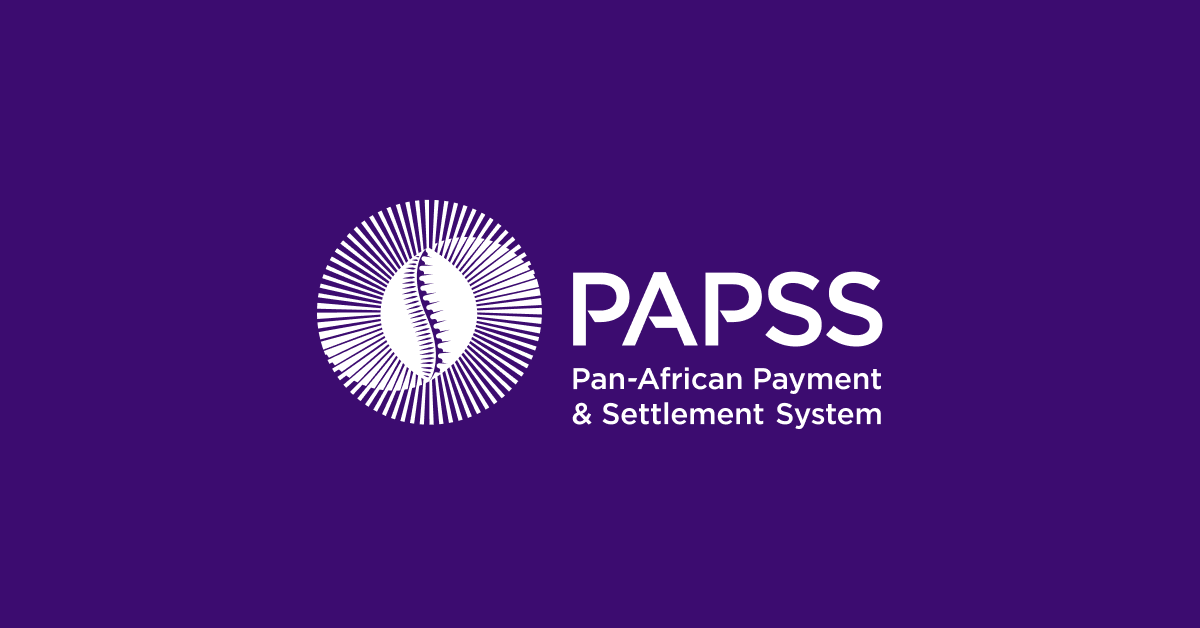How PAPSS will unlock Africa's financial integration
PAPSS was created to unlock Africa’s massive potential for internal trade, enabling an efficient flow of transactions across the African border.

On Friday, January 14, the Pan-African Payment Settlement System (PAPSS) was launched by the Africa Export-Import Bank (Afreximbank), in collaboration with the African Union and the African Continental Free Trade Area (AfCFTA).
PAPSS was created to unlock Africa’s massive potential for internal trade, enabling an efficient flow of transactions across the African border. It is a single payment infrastructure that cuts through the existing challenges of local currency exchange and ensures instant payment of funds.
Speaking at the launch, H.E Wamkele Mene, the Secretary-General of AfCFTA, in Accra, Ghana, said, “the commercial roll-out of the PAPSS is timely and set to boost intra-Africa trade significantly by making cross-border payments less reliant on third currencies. It is set to save the continent up to US$5 billion annually, which is the amount currency convertibility costs Africa.”
What PAPSS is going to do
Afreximbank has mobilised broad support for the technology and, in collaboration with the regions’ central banks. Together with the central banks they are establishing a continental financial market infrastructure for commercial banks, payment service providers, card schemes and other intermediaries.
Put simply, the platform will enable instant cross-border payments in local currencies between African countries. For instance, a Ghanaian client will pay for a Nigerian good in cedis, but the Nigeria trader will receive the money in naira on the other end of the transaction.
On the back end of the platform, the participating African central banks will act as clearing agents, while Afreximbank will be the primary clearing agent and provider of settlement guarantees and overdraft facilities. The inter-bank settlement will be in US Dollars, with a multilateral netting arrangement among central banks.
Why PAPSS is essential
MSMEs across Africa have always faced the problem of high import and export expenses when they want to take their business outside their country. There’s also the issue of delay due to limited correspondent bank relationships, foreign currency availability and cross-border transaction capacity.
However, with PAPSS, Africa businesses no longer need to convert local currencies into another currency due to the platform’s quick payouts. Quick settlements also allow central banks to reduce their international currency holdings.
PAPSS checks for compliance, legality, and punishments in real-time. It has the potential to reduce transaction time to seconds, removing a major impediment to intra-African e-commerce, services, and goods trade growth. The system will create a more financially integrated system for Africa, which should boost intra-regional trade.
How it works
The PAPSS platform supports three core processes: instant payment, pre-funding and net settlement.
Instant payments
With Instant payment, participants no longer need to convert local currencies into hard currencies which entails that the funds leave Africa to be converted before being sent back again to the beneficiary bank – adding days to the transaction time. Also, compliance, legal and sanctions checks are performed instantly within the system. Near-instant payments should process within 120 seconds.
Pre-funding
Due to the speed of the real-time payment process, PAPSS needs to guarantee that funds are available to complete the originator’s transaction before approving the movement of debits and credits between participants’ accounts. Participants must, therefore, agree to a pre-funding arrangement.
Direct participants will integrate directly with PAPSS and the real-time gross settlement (RTGS) systems of central banks in the pre-funding process. Participants without an RTGS account – Indirect Participants – are also able to fund or defund their clearing accounts on PAPSS with the aid of a Direct Participant providing the required liquidity.
How settlement works
PAPSS needs to ensure prompt settlement within 24 hours so net settlement across all participating central banks occurs at the same time – 11.00 UTC – each day. Like the pre-funding process, notifications are carried via an ISO 20022 messaging system, notifying PAPSS, the Participants and RTGS of the status of every stage of the transaction.
The viability of PAPSS
Although the creation of a central payment system is a step in the right direction, a lot more is needed if the AfCFTA is to unlock economic prosperity and fulfill the World Bank’s expectation of a 7% boost ($450 billion) to the region's income by 2035.
Some of the unresolved issues include non-tariff barriers to intra-Africa trade, infrastructural gaps, underdeveloped production capacity among African countries and customs-related transaction costs.
Africa’s export potential is also limited by its low-level industrialisation, as African exports are mostly primary commodities. This necessitates the exportation of these commodities to more developed nations with greater industrial and refining capability. No wonder primary goods account for c70% of extra-African exports, while manufactured goods account for only 15% of extra-African exports.
In addition, negotiations have not yet been concluded, especially the rules of origin, which is essential for determining which products can be subject to tariffs and duties. There are other impediments, such as lack of political will, as many African countries have still not ratified some of the phases of the AfCFTA. Also given how long it took to get the AfCFTA signed, the adoption of this platform might also take a while before all 41 central banks in Africa sign up.
Bottom line
The thing is the Pan-African Payment and Settlement System is a lofty idea which has the capacity to improve Africa’s financial integration. But without resolving the basic underlying infrastructure the project might take a while before taking off fully and achieving its goal of a financially integrated Africa







Comments ()